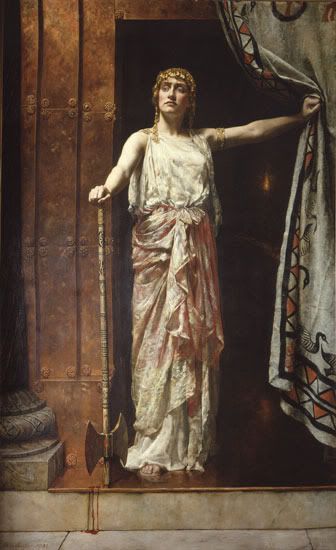Pig Iron: Why I like and dislike Iron Man 2
@
20:08
•
art,
culture,
film,
Marxism,
philosophy,
society
•
0
comments
![]()
I quite liked the first iteration of Iron Man on the big screen so I had more than half a mind to catch the sequel. However, I didn't manage to see it in the cinema. Fortunately, a long plane ride a few days ago afforded me the chance. And I wasn't disappointed.
For a superhero movie, it was refreshingly honest. We like Iron Man, or Tony Stark, because he is rich and 'cool', not because he is a brooding hero with larger-than-life psychological problems or teenage angst. And it featured a promising villain whom we can sympathise with, at least initially. And by that I mean real sympathy, not some sort of twisted admiration for a fictitious terrorist or madman.
But in some ways the things I like about the movie also form what I, on hindsight, dislike about it. In its portrayal of the hero, the movie embodies the culture and social consciousness of the present age: We celebrate the lucky ones, those 'blessed' with ability, means or just plain luck that ultimately makes them our heroes and icons. On the other hand, those whose lot in life are different but who struggle against it are 'doing the wrong thing'. And because they are, they must be bad—ruthless, barbaric or simply inhuman.
That's how it works, not the other way round. The latter doesn't even find chronological support in the movie. As I said, we can initially sympathise with the antagonist in Iron Man 2. However, in the end, because he is gradually shown to be cruel and inhuman, we are fine with the fact that the lucky hero triumphs. First we see the unlucky man, then the man who is (therefore) filled with the desire for vengeful satisfaction; because he was deprived, he must therefore become something less than human, destined to eventually be beaten back by his betters.
This parallels story arcs found in other contemporary stories such as the agonisingly bad Harry Potter series. It even has a close resemblance to the model of paternalism seen in the Agamemnon/Clytemnestra dynamic in Aeschylus' masterpiece more than two thousand years ago. Perhaps celebrity worship is a time-honoured tradition after all.
Having said all that, sometimes the guilty pleasure elicited by an honest Hollywood flick can remind ourselves what fools we are. But, then again, with the popularity of the Twilight series as it is, maybe the human capacity for self-reflection has been Eclipsed.
Now, at the risk of spoiling my ending, let me end with a thought: We study pop culture as a representation or commentary of contemporary society because studying it as art would just be depressing.

(0) Comments
Post a Comment